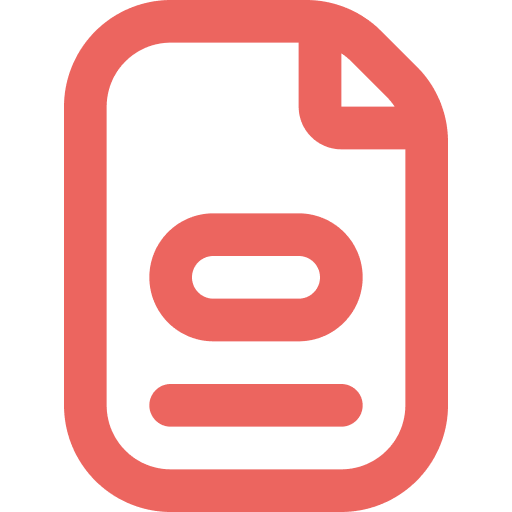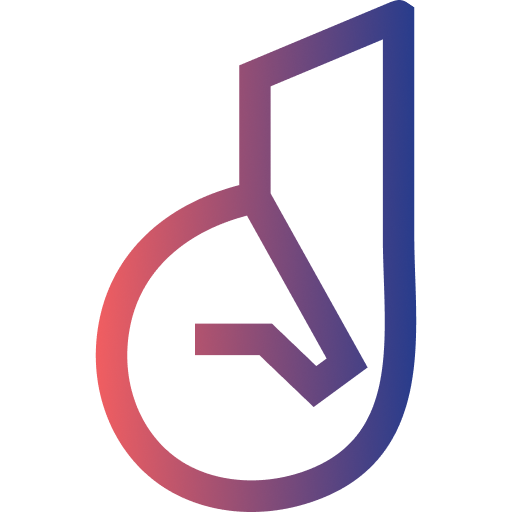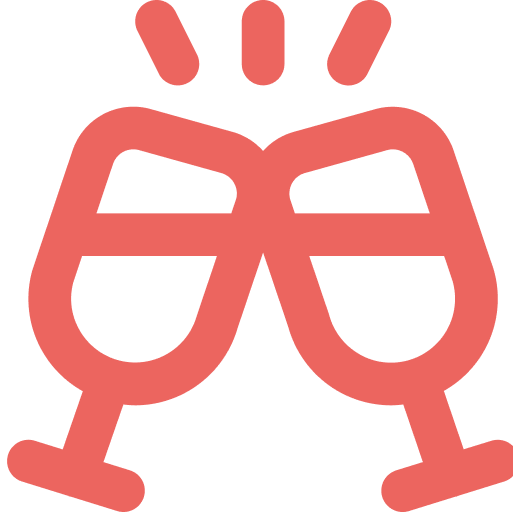An Industry Insight by Janus Digital
In today’s hospitality landscape, guest expectations have transformed dramatically. Travelers no longer want to wait in line at the front desk, browse lengthy FAQ pages, or wait hours for a reply to a simple WhatsApp message. They expect instant, personalized, and human-like communication — any time of the day.
For hotels and homestays in Malaysia, this has accelerated a new wave of adoption: the AI Concierge — an intelligent virtual assistant that operates as a 24/7 digital front-desk, delivering seamless guest service even when your human team is offline.
🧠 What Is an AI Concierge?
An AI Concierge (also known as a hospitality chatbot or digital assistant) uses artificial intelligence to interact with guests in natural conversation. It can handle a wide range of tasks, including:
- Answering FAQs (check-in time, Wi-Fi info, breakfast hours)
- Managing booking inquiries and confirmations
- Recommending local attractions and dining options
- Handling guest service requests (housekeeping, late check-out)
- Facilitating payments and issuing digital receipts
Through integration with hotel Property Management Systems (PMS), WhatsApp, and booking engines, the AI Concierge provides real-time updates and automates workflows — transforming how guests interact with accommodation providers.
📈 The Data Behind the Trend
Globally, the hospitality industry is experiencing an AI revolution. A 2024 Hotel Tech Report shows that more than 60% of hotels have adopted some form of AI automation, with chatbots being the most popular entry point.
Guests, too, have embraced the change. A 2024 Mews Survey revealed that 70% of travelers would skip the front desk in favor of self-service digital tools, and 82% of Gen Z guests prefer instant messaging over traditional phone or email communication.
In Malaysia, this trend is even more pronounced. With 26 million international tourist arrivals expected by 2025 (Tourism Malaysia, 2024), hotels and homestays face growing operational pressure to serve guests efficiently without increasing manpower costs.
At the same time, the Malaysia Digital Economy Blueprint (MyDIGITAL) encourages AI adoption across sectors, positioning the hospitality industry as a key area for digital transformation.
💬 Why Hotels and Homestays Are Adopting AI Concierges
1. 24/7 Guest Support
Unlike human staff, chatbots don’t sleep. They respond instantly to guest inquiries at midnight or during peak check-in hours — ensuring no question goes unanswered.
2. Operational Efficiency
By automating repetitive tasks, hotels can reduce front-desk inquiries by up to 40%, freeing staff to focus on personal guest engagement. Smaller operators, like homestays or boutique hotels, can provide hotel-grade service without hiring night-shift staff.
3. Increased Direct Bookings & Revenue
AI concierges integrated with booking systems and payment gateways drive direct booking conversion increases of 15–25%, according to Quicktext AI case studies (2023). They can also upsell room upgrades, spa packages, or late check-out — increasing ancillary revenue.
4. Consistent Multilingual Service
Malaysia’s tourism market includes travelers from China, Indonesia, India, and the Middle East. A multilingual chatbot ensures accurate, friendly communication across English, Bahasa Malaysia, Mandarin, and more — building trust and inclusivity.
The Malaysian Context: Why This Matters Now
Tourism Is Rebounding
Tourism Malaysia reported 20.14 million international arrivals in 2023, up sharply from pandemic lows, with projections to reach 26 million by 2025. This surge brings both opportunity and operational strain — especially for smaller operators competing with larger chains.
📱 WhatsApp Is the Preferred Channel
In Malaysia and Southeast Asia, guests overwhelmingly prefer to communicate via WhatsApp. Chatbots that integrate with WhatsApp outperform web-only bots in engagement and guest satisfaction. Platforms like Janus Digital’s AI Concierge are optimized for this behavior, offering real-time WhatsApp support that feels natural to the guest.
🏨 Local Manpower Challenges
Many homestays and smaller hotels struggle with limited staff coverage, especially at night or on weekends. AI concierges bridge this gap — managing after-hours queries, handling booking requests, and escalating only complex issues to human managers.
🌍 Culturally Aware Assistance
Malaysia’s tourism diversity demands culturally sensitive AI — capable of recommending halal dining, local attractions, and events in the right language and tone. Janus Digital’s chatbot models are locally trained to reflect these nuances, giving a personalized and culturally appropriate experience.
💡 Practical Implementation Guide
Step 1: Automate the Basics
Start with the top 10 most common guest queries (check-in instructions, Wi-Fi, parking, breakfast). Automating these can reduce message volume by up to 70% within the first month.
Step 2: Integrate With Booking Systems
Connect the chatbot to your PMS and booking engine so guests can check availability, confirm reservations, or modify bookings directly through chat.
Step 3: Enable Smart Upselling
Use AI-driven prompts to recommend relevant services — like transport, experiences, or in-room dining. This is especially effective for homestays in tourist hotspots like Langkawi, Cameron Highlands, or Kota Kinabalu.
Step 4: Track Data & Improve
Measure key performance metrics such as:
- Average response time
- Automation rate (questions handled by AI)
- Conversion rate (chats → bookings)
- Guest satisfaction (CSAT or review sentiment)
Continuous learning allows the chatbot to improve accuracy and tone over time.
🌟 The Future of Guest Experience
As the hospitality industry moves toward Hospitality 4.0, AI concierges will become the digital heartbeat of every guest journey — from pre-arrival messaging to post-stay feedback.
In the near future, expect AI concierges to integrate with voice technology (“Hey Concierge, what’s nearby?”) and IoT devices (“Turn off the lights” or “Set room temperature to 22°C”), creating a frictionless and intelligent guest experience.
Hotels and homestays that adopt early will not only save costs but also build stronger, data-driven relationships with guests — blending the efficiency of automation with the warmth of hospitality.
✳️ Conclusion
The era of the AI Concierge isn’t coming — it’s already here.
For Malaysian hotels and homestays, adopting an AI chatbot is not just a trend, but a strategic investment in service excellence, efficiency, and guest satisfaction.
Whether you’re managing a 200-room hotel or a 5-unit homestay, an AI concierge like Janus Digital’s Hospitality Chatbot can serve as your always-on assistant — elevating your brand, delighting your guests, and giving your team the freedom to focus on what truly matters: genuine hospitality.
Written by Janus Digital
Empowering Hospitality with AI. Helping Hotels, Resorts, and Homestays automate guest service, booking management, and communication through intelligent chatbots.
📚 References
- Mews. (2024, April 15). 70% of Travelers Would Skip the Front Desk, Mews Survey Reveals the Rise of Self Check-in Hotels. HotelTechReport.
- Tourism Malaysia. (2024). Tourism Malaysia Statistics Dashboard. Tourism.gov.my.
- Quicktext AI. (2023). AI Chatbot Case Study: Hotel Conversion and Guest Engagement Insights. Quicktext.ai.
- The Star. (2025, February 10). Tourist Arrivals Surpass Pre-Pandemic Levels; Revenue Hits Record RM106bil in 2024, Says Tiong. TheStar.com.my.
- Mews. (2023). 7 Benefits of Using Chatbots in the Hotel Industry. Mews.com.
- HospitalityNet. (2023). AI, Chatbots & Smart Checkouts: What Today’s Luxury Hotels Expect. HospitalityNet.org.
- Malaysia Digital Economy Corporation (MDEC). (2021). Malaysia Digital Economy Blueprint (MyDIGITAL). MDEC.my.

















